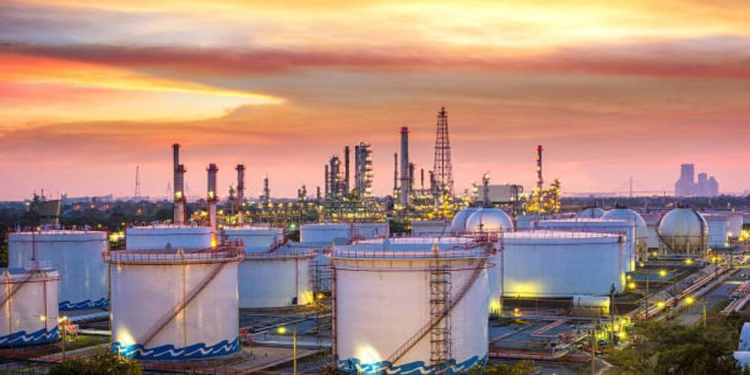
This is through a government-to-government deal that will see the State-owned Saudi Aramco supply Nock with refined fuel at ‘exclusively’ lower prices than the global costs of crude.
Nock will, under the deal, import 30 % of the country’s monthly petroleum requirements from August in what is likely to help pull down pump prices and ease the burden on consumers. Nock says a MoU has already been signed.
“We already signed the MoU and the next phase is negotiating the contract terms, we are waiting on them as from last Month,” Nock Chief Executive Officer Leparan ole Morintat told Business Daily.
“The plan is to start trials in August, for 2 months and see the impact of the exclusive prices that Saudi Aramco will be giving us. Then we will fully start in October.”
The duration of the contract remains undisclosed with Nock expected to revamp its network across the country.
Saudi Aramco will finance the shipments or provide the product with an extended credit period and Nock will pay within 60 and 90 days.
The imports will also be used to provide strategic stocks for the country and cushion the country from a fuel shortage due to disruptions globally.
Saudi Aramco will arrange the financing of the commodity with financiers in Dubai in a deal that will unlock cheaper credit to Nock for buying and shipping in Super, diesel and kerosene.
Saudi Aramco is owned by the Saudi government and is the biggest oil company in the world with a huge presence in Asia, European and North American markets.
The company was publicly listed in 2019 with the sale of a 1.7 % stake mainly to the Saudi Arabia public and regional institutions.
Kenya is grappling with record-high pump prices with a litre of super and diesel retailing at Sh159.12 and Sh140 in Nairobi respectively. Kerosene is going for Sh127.94 per litre in the capital city.
The high prices have been prompted by the spike in the global cost of crude in the wake of supply disruptions due to the Russia-Ukraine war, bringing to the fore the absence of Nock in providing strategic stocks of fuel that are key to lowering prices locally.
Kenya, for example, was plunged into a fuel shortage in March and April after oil majors increased the share of fuel they sell to the neighbouring countries to over 60 % from the previous 40 % of total imports to ease their cash crunch.
Nock, formed to stabilise and influence fuel prices, has largely been forced to follow the dictates of the market controlled by private players.
The debt-ridden Nock was originally mandated to import 30 % of the country’s petroleum products, including cooking gas but it lost its rights when the government opened the importation market to private firms in the 1990s.
The deal with Saudi Aramco will hand Nock a lifeline at a time growing losses have hurt its ability to compete with well-funded multinationals such as Vivo Energy, TotalEnergies and Rubis Energy.
Vivo Energy Kenya controls over a third of the local petroleum market at 26.52 percent followed by TotalEnergies at 17.7 percent and Rubis Energy (10.73 %). Nock has 2.2 percent of the market.
Nock at one point had over 100 fuel stations spread countrywide but has been forced to close some of the outlets and lease others due to under-funding from the National Treasury and competition from the well-oiled multinationals and local firms.
